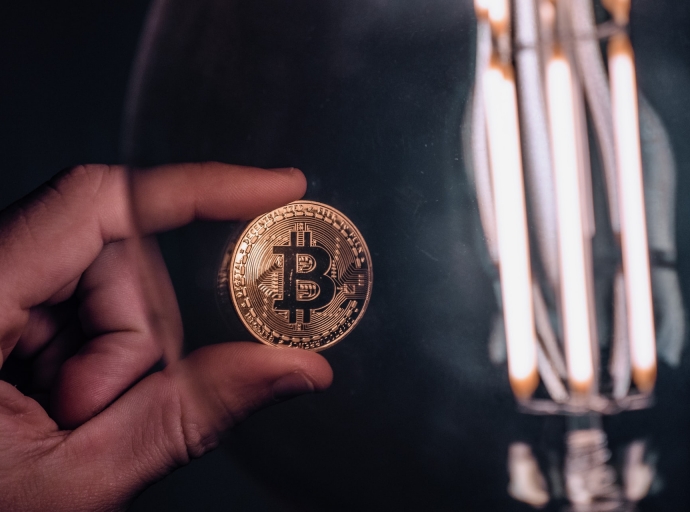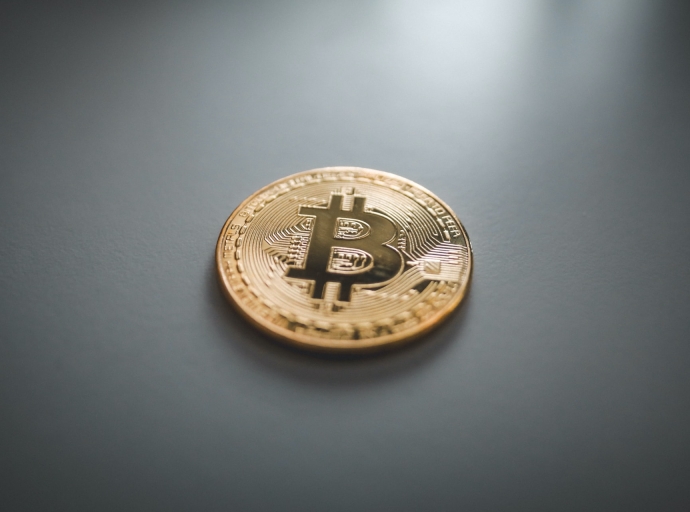NFT tokens have virtually endless possibilities for use in real-world applications, despite the fact that they are now most often thought of as digital collectibles.
All Stories
Vast Bank will provide services for buying, selling and storing cryptocurrencies directly from the user's current account. In addition, experts have speculated about the coming wave of integration of digital assets into U.S. government agencies.
Cryptocurrency exchange Binance today notified customers that they can again make deposits in dollars through the international interbank system SWIFT. Withdrawals via this route will be resumed at a later date.
Zcash (ZEC) cryptocurrency is decentralized, open source. It uses innovative cryptography to achieve privacy.
Financial regulators around the world attacked the major cryptocurrency exchange Binance. Some have banned certain activities, others have pressed for a lack of licenses for certain types of work.
FTX.US, the U.S. subsidiary of Hong Kong-based cryptocurrency exchange FTX, has acquired the parent company behind cryptocurrency derivatives exchange LedgerX.
Fraudsters are increasingly using cryptocurrency projects as a disguise to get hold of users' funds. Here are the key factors to identify such schemes
Playboy will release the NFT series in partnership with the Sevens Foundation. The artists who will create the collection will be chosen through a competition.
China plans to establish an international clearing and settlement network for mobile payments using the state-owned cryptocurrency, as "the internationalization of the digital yuan is inevitable."
The fashion house's weekend event in Venice includes the introduction of haute blockchain technology.
Among the large number of cryptocurrencies found on the market, there are those that are created under the influence of TV series and games. In particular, Ravencoin (RVN) cryptocurrency belongs to such.
In a few days, El Salvador will adopt bitcoin as its official currency. The country is investing heavily in developing products for bitcoin storage and use by end users. The possibilities of this endeavor are enormous, though some people warn of its riskiness.
Money laundering is a serious financial crime, which is the legalization of money obtained illegally.



























